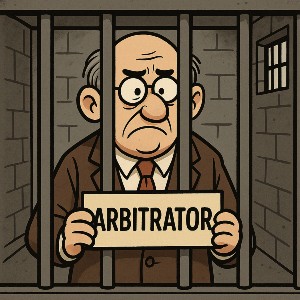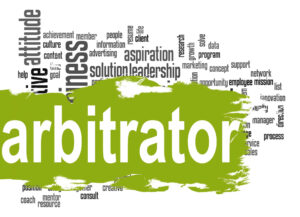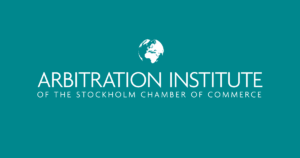Arbitration is a widely used method of resolving commercial and investment disputes globally, valued for its neutrality, confidentiality, and procedural flexibility. Arbitrators play a key role in this system, with their integrity, independence, and competence being essential to the arbitral process. Nonetheless, with this authority comes responsibility. Arbitrators are generally protected from civil suits under […]
Arbitrators
The Importance of Choosing the Right Arbitrator
International arbitration is a preferred method for resolving cross-border commercial and investment disputes. Arbitrators play a crucial role in shaping the arbitration process, determining the outcome of a dispute, and ensuring that the arbitration proceedings are conducted fairly, efficiently, and impartially. A bad arbitrator rarely renders a good decision. The selection of the right arbitrator […]
2024 CPR Guidelines for Arbitrator Disclosure
In August 2024, the International Institute for Conflict Prevention and Resolution published its Guidelines for Arbitrator Disclosure (the “CPR Guidelines”), aiming to provide arbitrators with practical guidance on preparing their disclosures to avoid potential conflicts of interest. Purpose and Scope As indicated in their preamble, the CPR Guidelines seek to facilitate the arbitrators’ disclosure process, […]
The Impartiality Test: How Unbiased Can an Arbitrator Truly Be?
“It is not merely of some importance but is of fundamental importance that justice should not only be done but should manifestly and undoubtedly be seen to be done”[1], Lord Hewart said and made history. How unbiased can an arbitrator truly be? This note showcases the tests and challenges of impartiality in arbitration. The “Impartiality […]
How to Choose an Arbitrator?
The arbitrator is perhaps the most important part of any international arbitration. Indeed, it has been said that the quality of an arbitration “cannot rise above the quality of the arbitrator.”[1] A good arbitrator will deal with your dispute rigorously and agreeably, producing a fair and predictable outcome in line with the law and the […]
How to Remove an Arbitrator from an Ongoing Arbitration
The parties to arbitration proceedings may become dissatisfied or have doubts regarding the ability and neutrality of a chosen arbitrator. While there are many very good arbitrators, there are some who are biased or simply incompetent. However, it can be fiendishly difficult to dislodge even a very poorly performing arbitrator once he or she has […]
Who Can Be an Arbitrator in International Arbitration?
In the not-too-distant past, there were only a few individuals acting regularly as arbitrators in international arbitration. Similarly, law firms engaged in international arbitration could be counted on the fingers of one hand. Unsurprisingly, there were a very small number of individuals, generally well-connected, who were called upon to act as arbitrators. This trend, however, […]
Proving Corruption in Investment Arbitration – Lao Holdings v. The Lao People’s Democratic Republic
Defenses based on alleged corruption-related activities by investors have become popular by States in investment arbitration. Given the seriousness of such accusations, one of the most important tasks for arbitral tribunals is undoubtedly to sort out legitimate defenses based on well-established facts of corruption from unfounded insinuations. Therefore, the approach undertaken by arbitral tribunals regarding […]
Interim Measures by Emergency Arbitrators under the SCC Arbitration Rules
The SCC Arbitration Rules, as well as other leading arbitration rules, allow parties to an arbitration agreement to obtain interim measures in an expedited manner, even before an arbitral tribunal is in place, by appointing an Emergency Arbitrator (Appendix II to the SCC Arbitration Rules, Article 1(1)). After the decision on interim measures is rendered, […]









